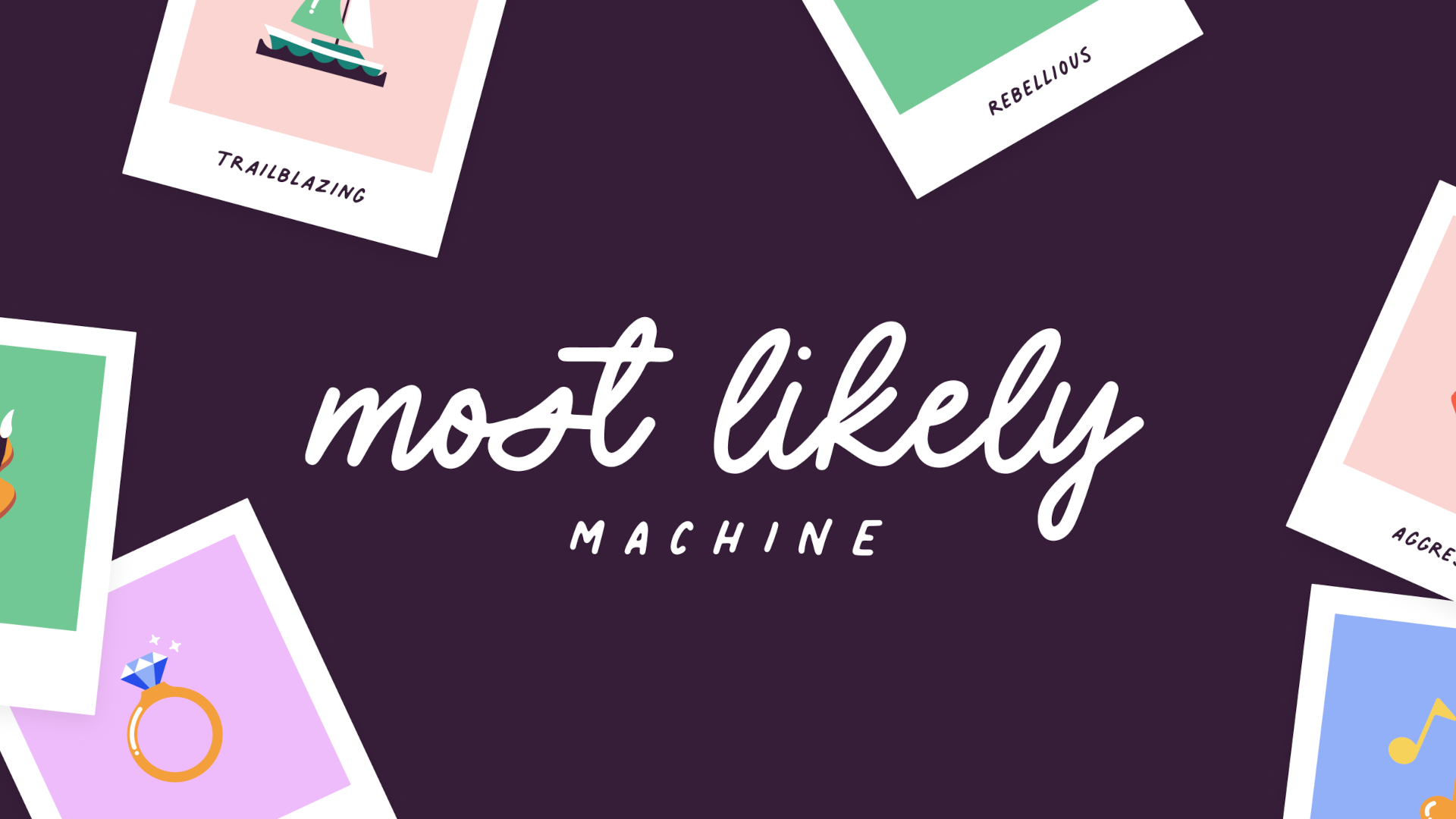Student Achievement Is Not The Same As Learning
Tools and ideas to transform education. Sign up below.
You are now subscribed
Your newsletter sign-up was successful
I never liked the term student achievement. I wasn’t always able to articulate it just as I wasn’t always able to articulate why I hated SMART goals.
I suppose it’s because both these terms focus measurement and measuring learning is tricky to say the least.
Our metric obsessed culture is all about our need to make the complex simple. It makes our world easier to understand, I get that, and sometimes it’s a useful approach. But learning, real learning that goes beyond low level, basic skills is often extremely difficult to measure, particularly with a single measure.
Recently my wife shared a story about a parent with a student with some fairly complex learning and behaviour issues. She had been emailing the parent 2-3 times a week with detailed reports of the student’s day that included the good, the bad and everything in between. The mother, although seemingly grateful wondered if my wife could simply give her child a happy face or sad face sticker at the end of the day to provide a succinct report. My wife explained that the learning and behaviour could not be distilled down to a sticker. It was complex and the only way to accurately report was through a narrative.
I sympathize with our school leaders. I think on the one hand many realize the complexities of learning and the inadequacies of most of our measurement and reporting tools and yet the vast majority of the public is bound by past schooling experiences that sought to rank and reduce learning to single numbers and letters. That’s the simple way to view learning.
The other challenge of course is the continued influence of corporate strategies influencing education. “Bottom line” thinking suggests if it can’t be measured, it mustn’t be important. Baloney. Measuring critical thinking, creativity, grit, even communication and mathematical thinking are challenging at best. Yes, tools exist and certainly can provide useful information but the tendency to use these results to define achievement is dangerous and ignores many other factors associated with learning. Instead of continuing to provide students with learning opportunities we have teachers hours trying to interpret data. Quality feedback is critical to student learning. Calling a grade, feedback, is like saying sharing a link with someone is collaboration.
It’s important to address the challenges between elementary and high school. Largely because elementary teachers have a better opportunity to educate the whole child and develop relationships, they can focus on the complexities of a child and their learning. High school teachers have more difficulty providing detailed feedback when they only see a student 50 minutes a day. Add to that they may have up to 40 students, the tendency to reduce learning to simpler tasks is much greater.
Tools and ideas to transform education. Sign up below.
When I hear “we want to improve student achievement” I always want to know what that means. In most cases, that’s code for increased scores. What I’ve seen happen time and time again is that the need to produce scores almost always equates to tests which almost always equates to lower level, menial data collection that reduces learning to fact memorization and rote learning. But the temptation to be able to boast about improved student achievement is pretty high. Districts love to brag about those numbers. When a parent hears that, they immediately trust their school without knowing anything about the quality of learning. It’s easier just to provide this kind of information than to educate folks about the complexity of learning. This is why building community and social capital matters. This is why teachers who share student work often with context is a big deal. It’s a new and important way we help others see how learning is documented and shared and moves us beyond worksheets and tests as meaningful examples of student learning.
I’m not anti-measurement. I’m anti- simple. It’s the same reason I hated SMART goals. When the concept was first introduced to me as a teacher it seemed to make sense. You can’t improve what you can’t measure I was told. However, in all the years I was subjected to that idea, I don’t think I ever wrote one that I cared about. The moment I tried created a goal I realized it would be hard to measure. So instead I focused on writing goals that were easy to measure just to be able to say I had a SMART goal.
In my current job, I write out goals. The form asks for measures. Some of the goals I list are difficult to measure and so my “achievement” is based on conversations with my boss where we discuss the nuances and efforts and variables with how well I’ve done. It’s complicated. That’s how it should be.
But again, there in lies the crux. Learning is complicated and nuanced. As Joe Bower says, “Assessment is a conversation, not a spreadsheet” and in most cases “student achievement” is a spreadsheet. That’s not learning, at least the kind of learning I think matters.
As always, I may not have this right, I may have missed something but this is my argument to this point and would love feedback as to whether the term or concept can move beyond text scores to better describe learning.
cross-posted at http://ideasandthoughts.org/
Dean Shareski is a Digital Learning Consultant with the Prairie South School Division in Moose Jaw, SK, Canada, specializin in the use of technology in the classroom. He lectures for the University of Regina and is the Community Manager of the Canadian DEN or Discovery Educators Network.
